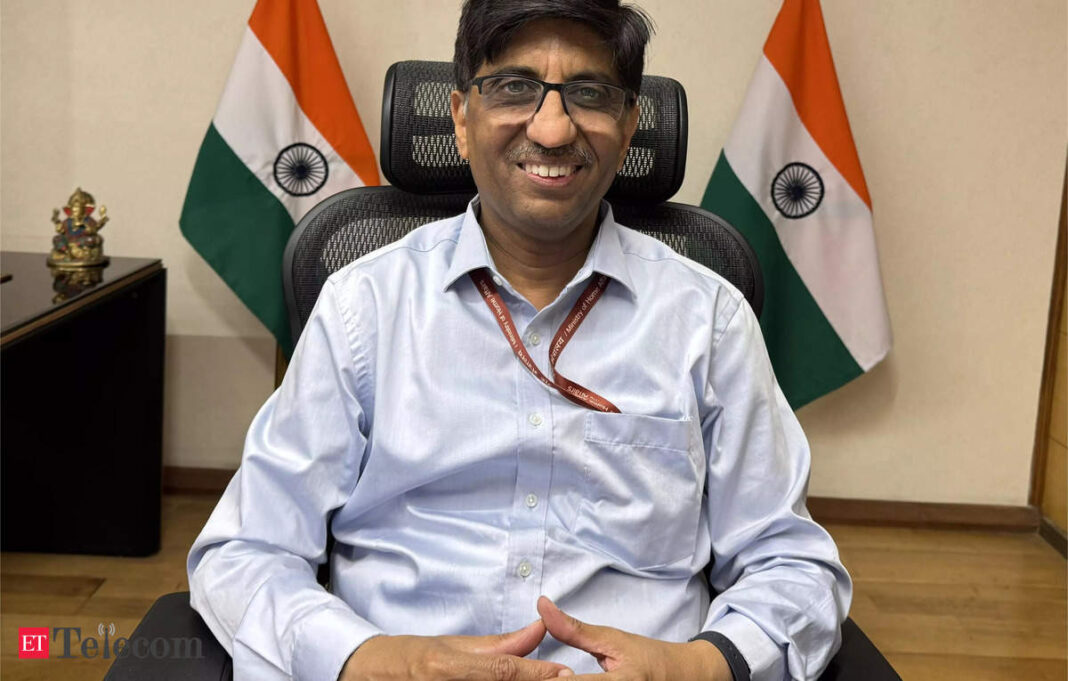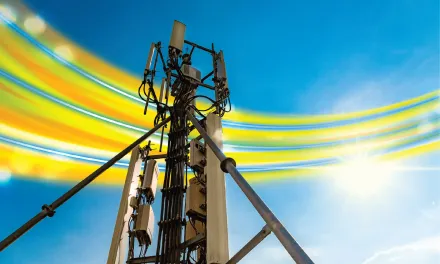In Short:
The Department of Science & Technology in India focuses on both translational research with immediate commercial benefits and basic sciences to develop technology in the future. With over 120,000 startups, India is the third-largest startup ecosystem globally, bridging the gap between laboratories and markets. Initiatives like the National Quantum Mission and Anusandhan National Research Foundation aim to enhance R&D ecosystems. The government encourages industry collaboration and provides funding for startups and research. Focus areas for the future include AI, semiconductors, clean energy, biotechnology, and medical devices. Increasing patent filings indicate a shift towards IPR-driven manufacturing and economic growth. Collaboration between academia, industry, and startups is crucial for success.
Empowering India’s Innovation Ecosystem
Prof. Abhay Karandikar, Secretary, Department of Science and Technology, Government of India
Innovation is at the forefront of India’s growth story, and Prof. Abhay Karandikar, Secretary of the Department of Science and Technology, Government of India, highlights the significant strides made in nurturing the country’s startup ecosystem.
R&D Initiatives for Future Progress
India’s commitment to advancing in science and technology is evident through the launch of the Anusandhan National Research Foundation (ANRF) to support innovation and research. This foundation, with a substantial annual budget of Rs 2800 crores, aims to boost R&D programs for scientists and institutions across the country.
Key Technological Missions
Leading the way in emerging technologies, the National Quantum Mission has been introduced with a budget of over Rs 6000 crores to propel India as a frontrunner in quantum technology globally. The mission will establish four hubs focusing on various aspects of quantum research.
Fostering Innovation and Collaboration
Collaboration between academia, industry, and startups is essential for bridging the gap between laboratory research and market commercialization. With over 120,000 startups in the country, the support from initiatives like Nidhi Prayas and Nidhi Seed Support is enabling the growth of innovative solutions.
Future Technological Focus Areas
With a keen eye on economic growth, areas such as AI, semiconductors, quantum technology, clean energy, advanced materials, biotechnology, and medical devices are highlighted as key technologies for the nation’s development in the upcoming decade.
Impact of Intellectual Property Rights
The rise in patent filings from India reflects a growing focus on innovation-driven products. Emphasizing private sector R&D investment can further enhance the intellectual property-driven manufacturing ecosystem, paving the way for substantial economic value creation.





